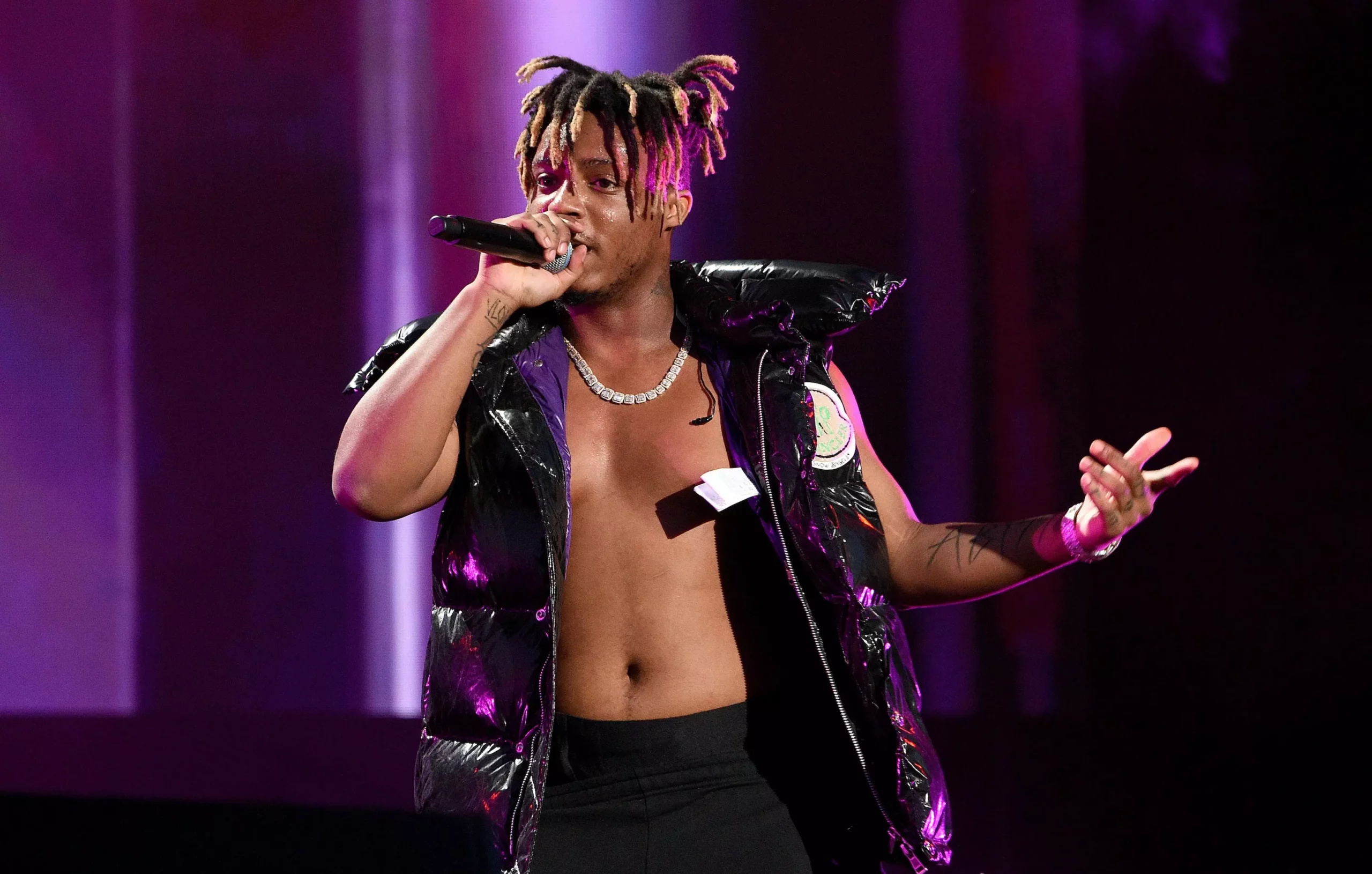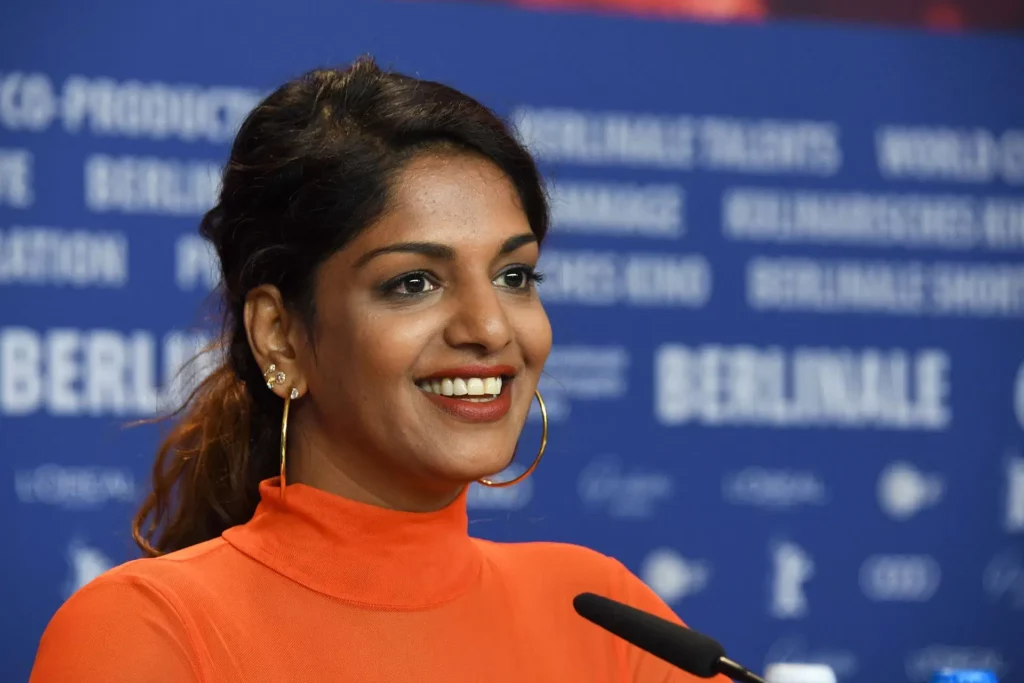In an industry often saturated with controversy and competition, British rapper M.I.A., born Mathangi “Maya” Arulpragasam, has ignited a potent discourse, putting major stars like Jay-Z, Beyoncé, and Adele in her critical crosshairs. Known for her bold aesthetic and equally daring political statements, M.I.A.’s recent outburst on a live stream, which took place on November 30, 2024, has sent shockwaves through the music world.

The Allegations: A Closer Look at M.I.A.’s Claims
The “Paper Planes” artist, who once found a management home at Jay-Z’s Roc Nation between 2012 and 2014, recounted a disturbing suggestion from Jay-Z during their first meeting. According to M.I.A., the rap mogul proposed that she consider plastic surgery to better fit the mold of mainstream success—a notion she vehemently opposed as reflective of the industry’s superficial values.
I’m not insecure because I would have got plastic surgery, she declared, emphasizing her self-assurance despite industry pressures. I’m 50, and I’m totally fine with that … I was making something interesting happen that wasn’t happening before.
M.I.A.’s departure from Roc Nation in 2014 was just as dramatic, marked by her claims of the label, under Jay-Z’s influence, suppressing her work due to his affiliations with powerful entities like the Bronfman family.

Furthering her blistering critique, M.I.A. addressed superstars Beyoncé and Adele, accusing them of failing to acknowledge her influence on their careers. She charged Beyoncé with adopting a political persona only after being inspired by her own, and claimed that Adele’s career benefited significantly from the managerial connections she facilitated through Jonathan Dickens and Nick Huggett.
The Ripple Effect: M.I.A.’s Impact and Industry Response
M.I.A.’s outburst reflects deeper issues within the music industry, especially concerning race, identity, and acknowledgment. Her refusal to bleach her skin or conform to stereotypical norms sets her apart in a realm that often prizes marketability over authenticity. M.I.A.’s rant, though personal, taps into the ongoing discourse surrounding the representation and treatment of women of color in the music industry.
Beyond the Controversy: M.I.A.’s Artistic and Activist Legacy
M.I.A.’s contributions to music and culture extend beyond her hits. Her vocal support for controversial figures like Julian Assange and her advocacy against conflicts in places like Palestine highlight her commitment to political activism. This, coupled with her personal sacrifices, such as those involving her son Ikhyd and her confrontations with governmental pressures, paints a portrait of an artist deeply intertwined with her work’s socio-political ramifications.
As the echoes of M.I.A.’s declarations linger in the corridors of the music industry, the conversation around the responsibilities of artists to acknowledge their influences becomes more pronounced. Whether this will inspire change or merely add to the cacophony of industry disputes remains to be seen. However, one thing is clear: M.I.A. is not just part of the conversation. She is actively shaping it, challenging the status quo, and demanding recognition not just for herself, but for every artist sidelined by the superficial gloss of celebrity.

